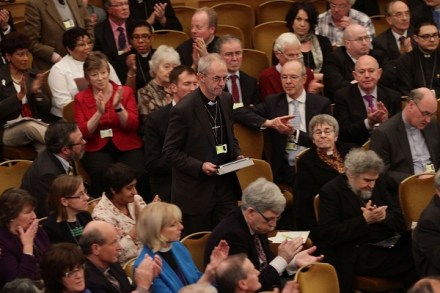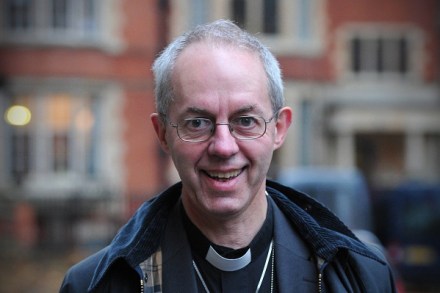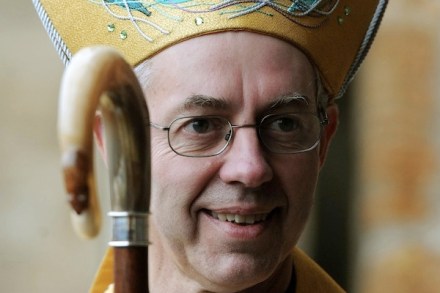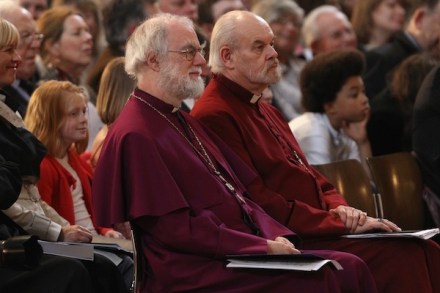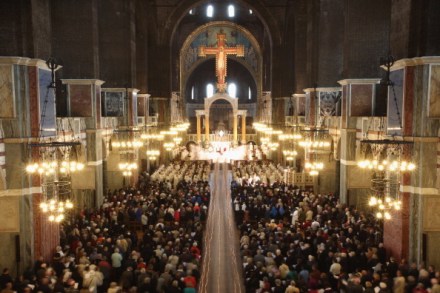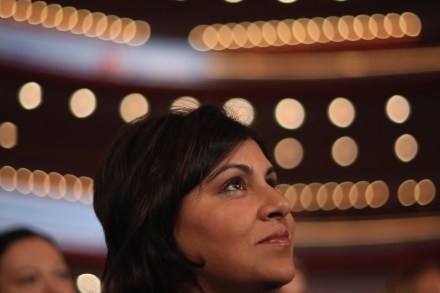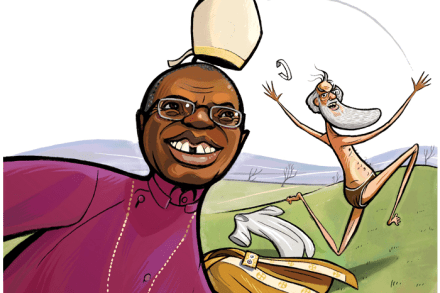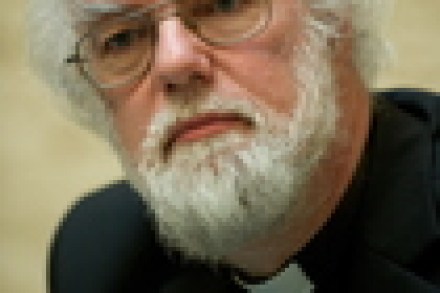The Church of England is becoming a church in England
This morning’s newspapers (and indeed the airwaves) are full of apocalyptic predictions about the future of the Church of England. The failure of the General Synod to ordain women bishops has surprised plenty of bishops, many of whom express their ‘deep sadness’ about the affair to the (£) Times’ Ruth Gledhill. Yet the threat of schism on this issue is not wholly surprising, not least because the Anglican Church has rarely taken happily to reform. From the storms over Matthew Parker’s 39 Articles to this latest controversy, the C of E’s evolution has often been fractious. However, as a relatively faithful parishioner of the CofE, this affair does surprise me in
